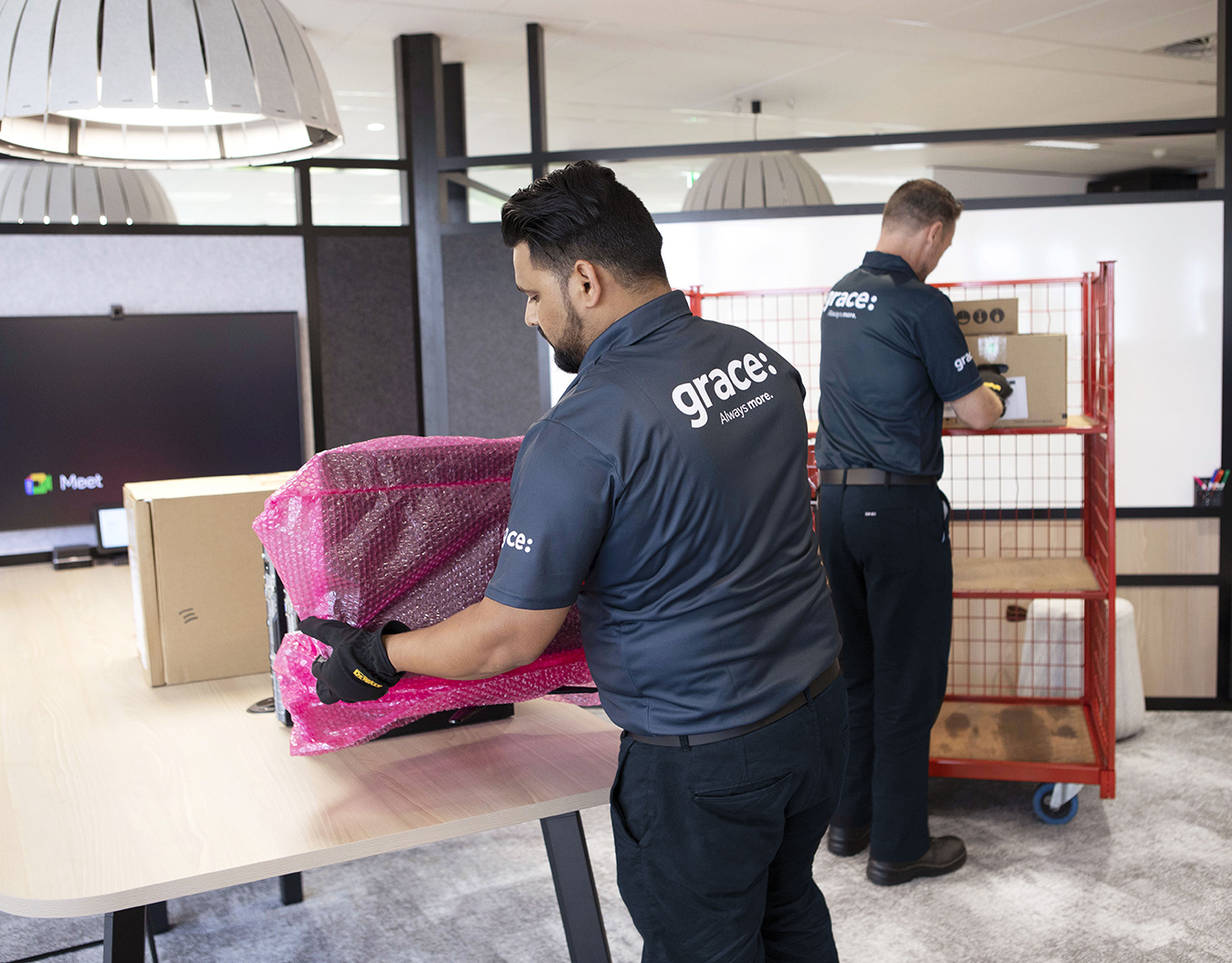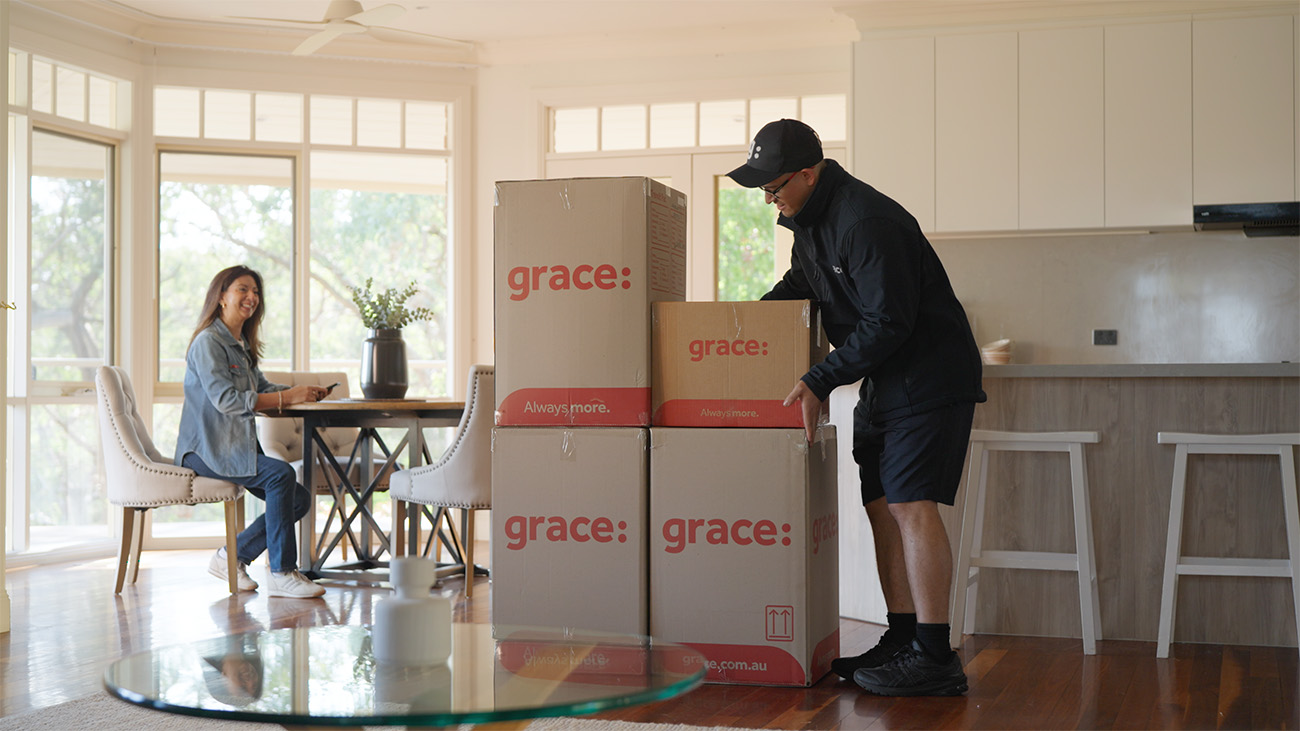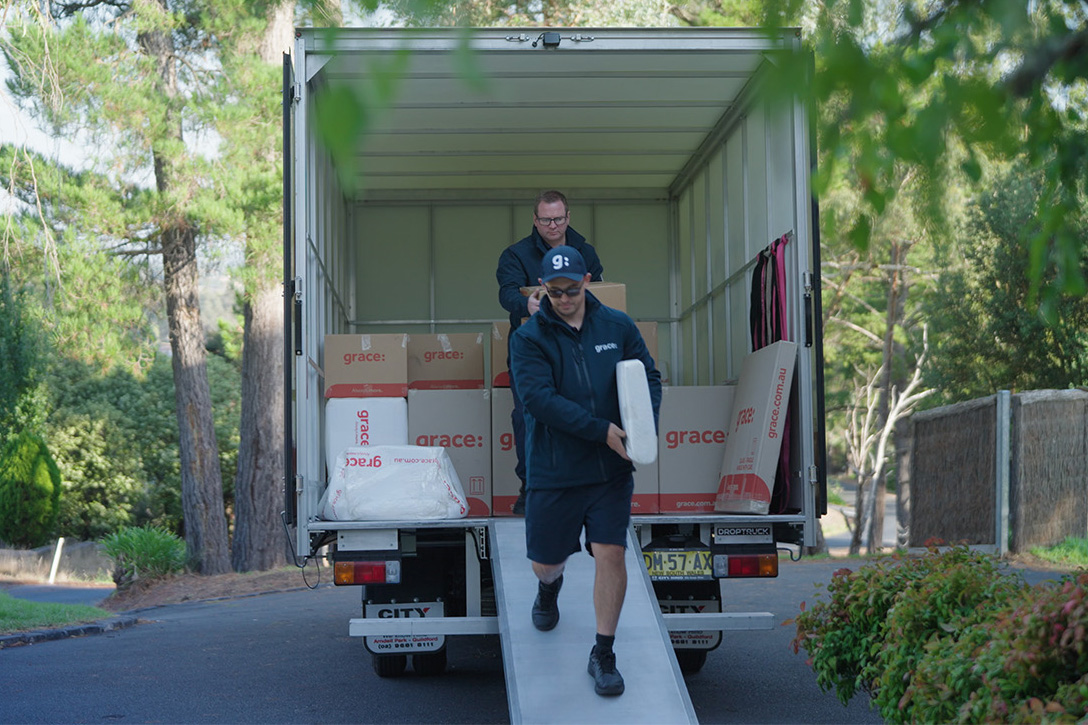Before the pandemic, the terms “remote work” and “flexible working arrangements” were trending buzzwords. But today, these terms are used by employers to attract new talents and retain existing employees. Why? After Australia was forced participate in an international “work from home” experiment, the way we work changed and many organisations must rethink the way their employees engage with their workplace. So, how exactly are leading businesses embracing this change and what are the advantages of providing a flexible work arrangement?
What did we learn from the pandemic?
According to a report conducted by PwC, after the pandemic “people love the individual flexibility of working remotely; it should be the norm, rather than the exception”1. In addition:
- “Only 9% of those who can work remotely want to go back to a traditional commute and work environment full time.
- 72% of respondents who can work remotely say they prefer a mixture of in-person and remote working.
- 19% would be happy to not return to an office at all and work entirely remotely.”2
Many employees were embracing flexible working conditions and wanted to continue to do so in the future as part of their schedule. But at the same time, flexibility comes with a cost. According to Heathfield3, the top disadvantages of remote working during the pandemic include:
| For team members | For employers |
|
|
This meant that the time employees spend “coordinating their days is increasing, driving, meeting fatigue and longer hours. Almost two-thirds of people (61%) say they spend more time in meetings than they did before the pandemic (15% disagree and 24% neutral), and the same amount report their workload has increased.” 2 But, of course, there are advantages.
What are the benefits?
There are many advantages of providing flexible work arrangement including increased creativity as employees are now required to ‘think outside the box’ as well as an improvement in employee well-being as team members can chase their passion and attend personal appointments when needed.
In addition, providing flexible work arrangements can help attract new talent, particularly younger, skilled individuals. “The younger generations want more flexibility at work,” explains Veronica Melian, Human Capital Leader at Deloitte Switzerland. Attracting young talented people remains a major challenge for many companies. It is important that employers understand the preferences and work styles of their younger employees and provide for them in their companies in a targeted and productive way. Companies need to offer flexible workplace models to attract much-needed young talent who are geographically flexible and consciously seek a modern and forward-thinking work environment. This is a key strategic challenge for many companies given the worsening skills shortage.”4 At the same time, it can also help with retain existing talent as “many employees view being offered flexible working hours as a sign they are valued by the company. Those who have other responsibilities or out-of-work interests may see flexible work arrangements as an absolute must or a deal-breaker for any organisation they work for.”5
In addition, flexible work arrangements can also help organisations cut cost, as some businesses are choosing to downsize and creating hybrid workspaces. The decision to downsize stems from two key reasons, one, as a money saving initiative and two, because of the large number of redundancies made during the pandemic. This is prompting “providers to offer competitive prices and large incentives to new clients, such as initial rent-free periods and flexible start dates. The average price for London desk rates still went down 7.2% between January 2020 and January 2021 (£539 to £500), while the average price for a desk across the UK decreased from £285 to £264 (almost a 7.4% decrease) during the same time.”6
How are leading organisations embracing this change?
Many organisations have started embracing flexible working arrangements including HSBC, who earlier this year, announced that they plan to scrap expensive office spaces to shift towards more flexible working arragements.8 While Ford Motor Co has allowed its 30,000 employees to only come-in to the office when they need to. Its employees can choose “to stay home for “heads-down work,” while coming to the office for meetings and team-building activities.”9 And finally, Google plans to introduce flexible work week whereby “Googlers spend approximately three days in the office and two days wherever they work best.”10
So how exactly do you create a hybrid office? Our Business Solutions team suggest reducing the number of workspaces in your existing workplace and replacing them with flexible furniture. Also, we suggest creating hot desks and larger meeting rooms as well as bigger communal areas that allow team members to set up a temporary workstation quickly and easily.
If you’re thinking of downsizing or relocating to a smaller office, we suggest contacting our Business Solutions Team. Our Business Solutions team can help you with office relocation, commercial moving and equipment removals. Our comprehensive range of commercial relocation services are specifically tailored to suit you and your company’s needs. We provide a seamless and secure relocation for all businesses, large or small. Whether you’re moving from floor-to-floor, building-to-building, or state-to-state, you choose what option fits your needs. Our project managers will take care of the rest. Plus, we’ll even provide you with an IT office relocation checklist to help you ensure that you don’t miss a thing. If you’re looking for an office relocation company, look no further than Grace Business Solutions. To speak to one of our team members, call us on 1300 168 358 or schedule a call here.
1 Price Waterhouse Coopers, 2021, Hope and Fears 2021
3 Heathfield, S.,M., 2021, The Pros and Cons of a Flexible Work Schedule
5 Robert Half, 2019, Flexible work arrangements: 7 benefits your business is missing out on
6 Work in Mind, 2021, 35% of companies plan to downsize office space in 2021
8 Horowitz, J., 2021, Big Banks will need much less office space in the future
9 Naughton, K., 2021, Ford to Let 30,000 Employees Remain at Home Post-Pandemic




